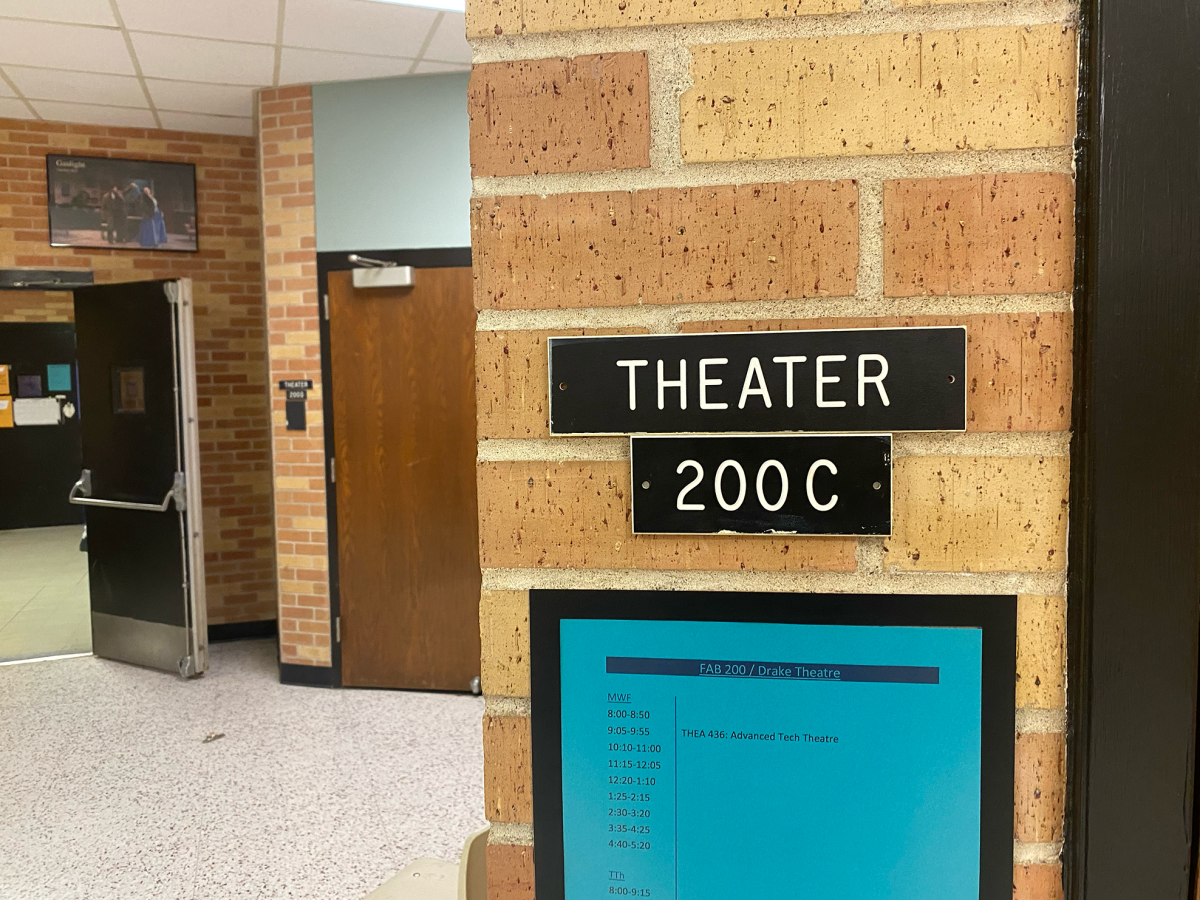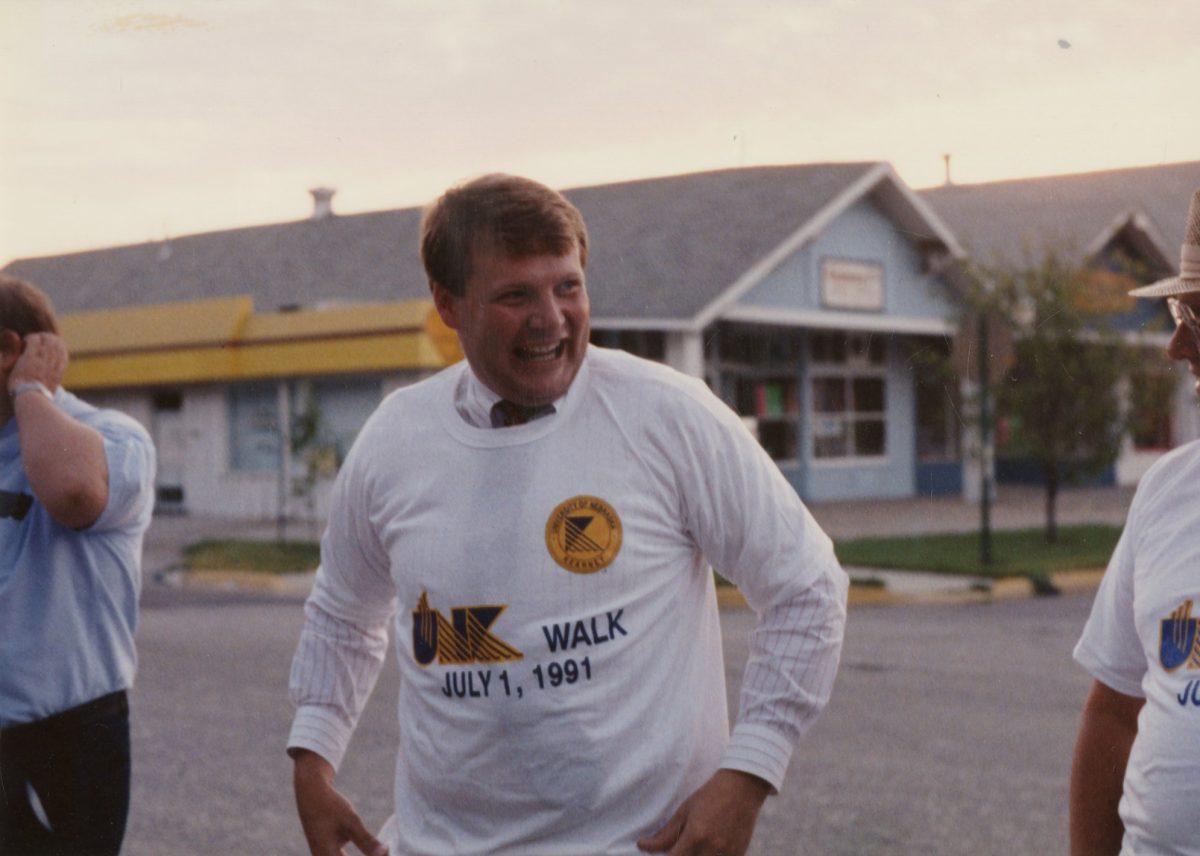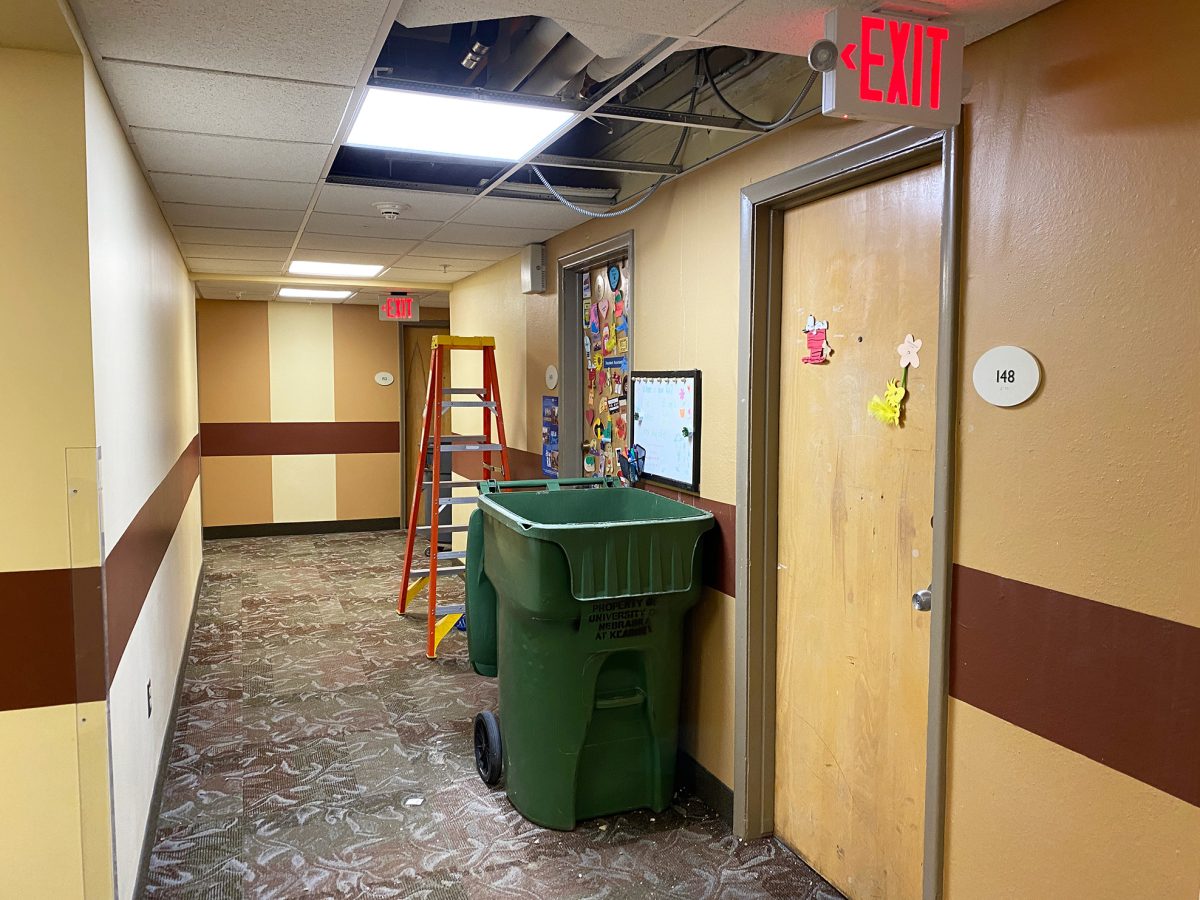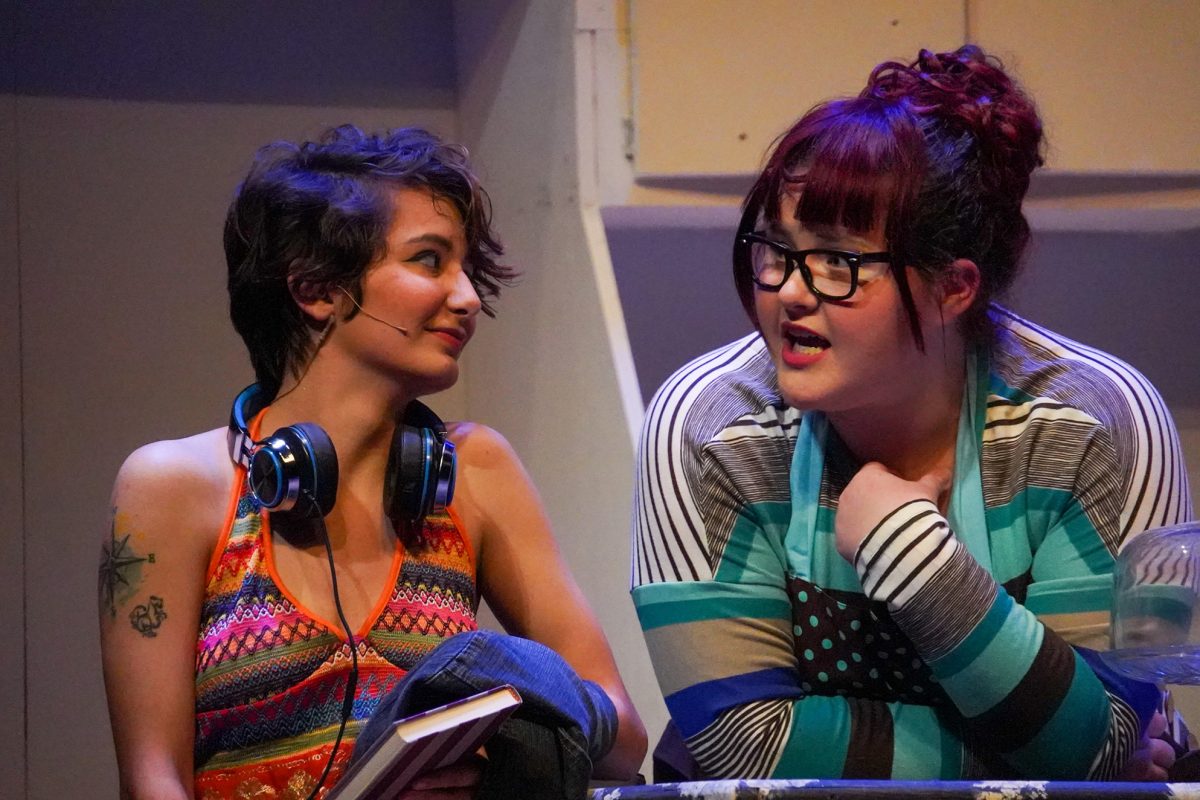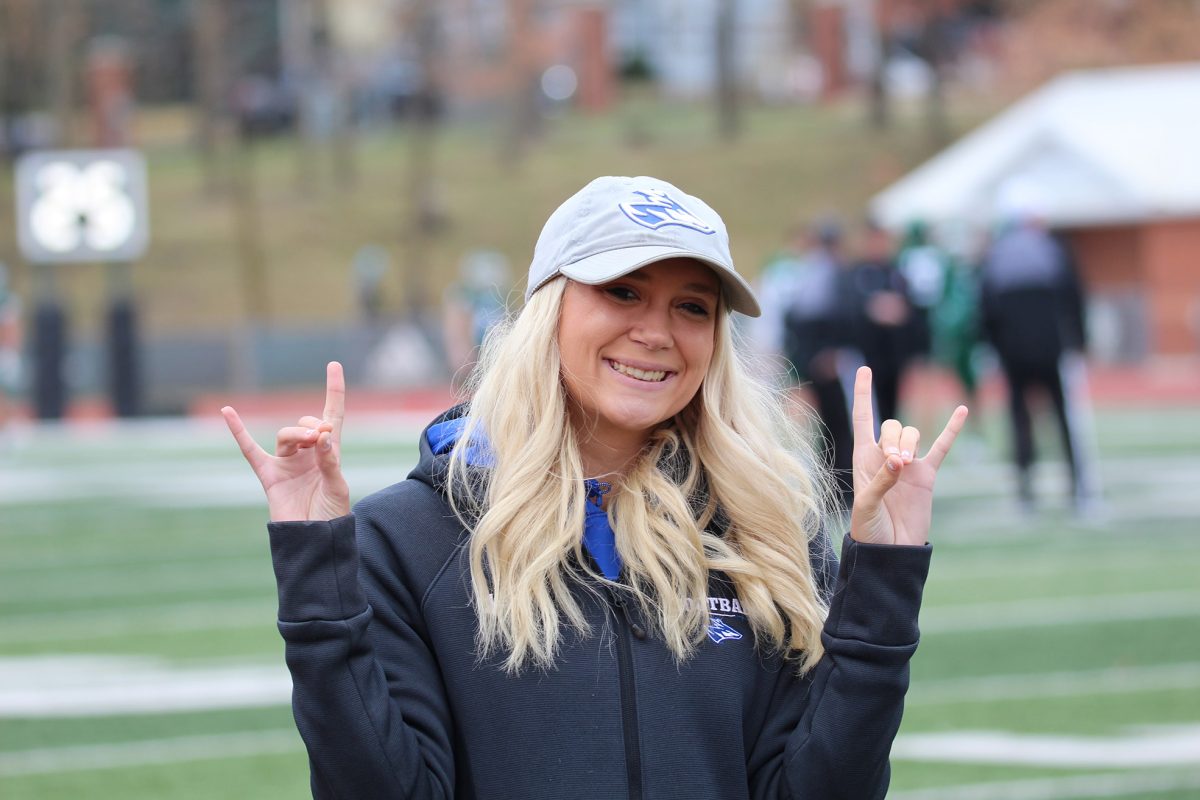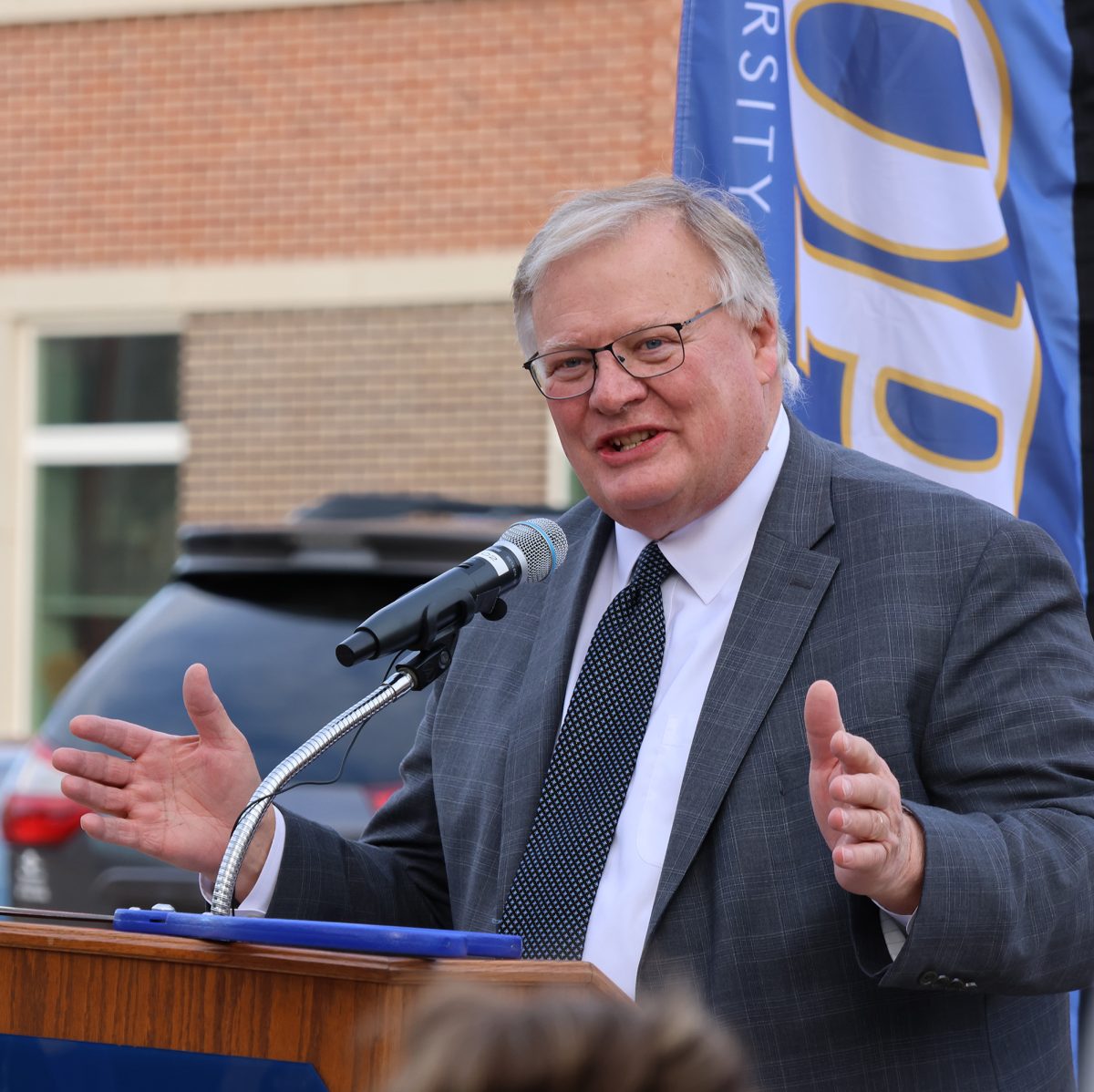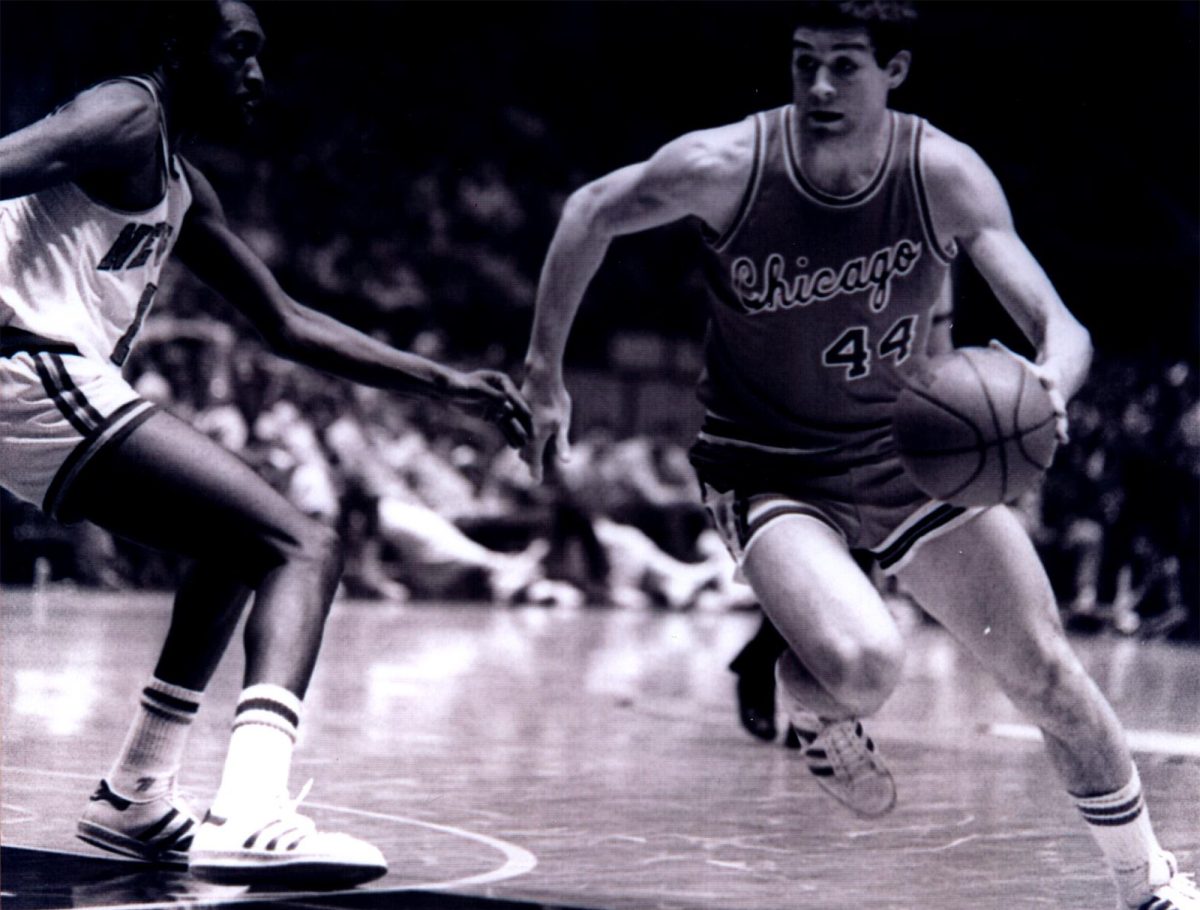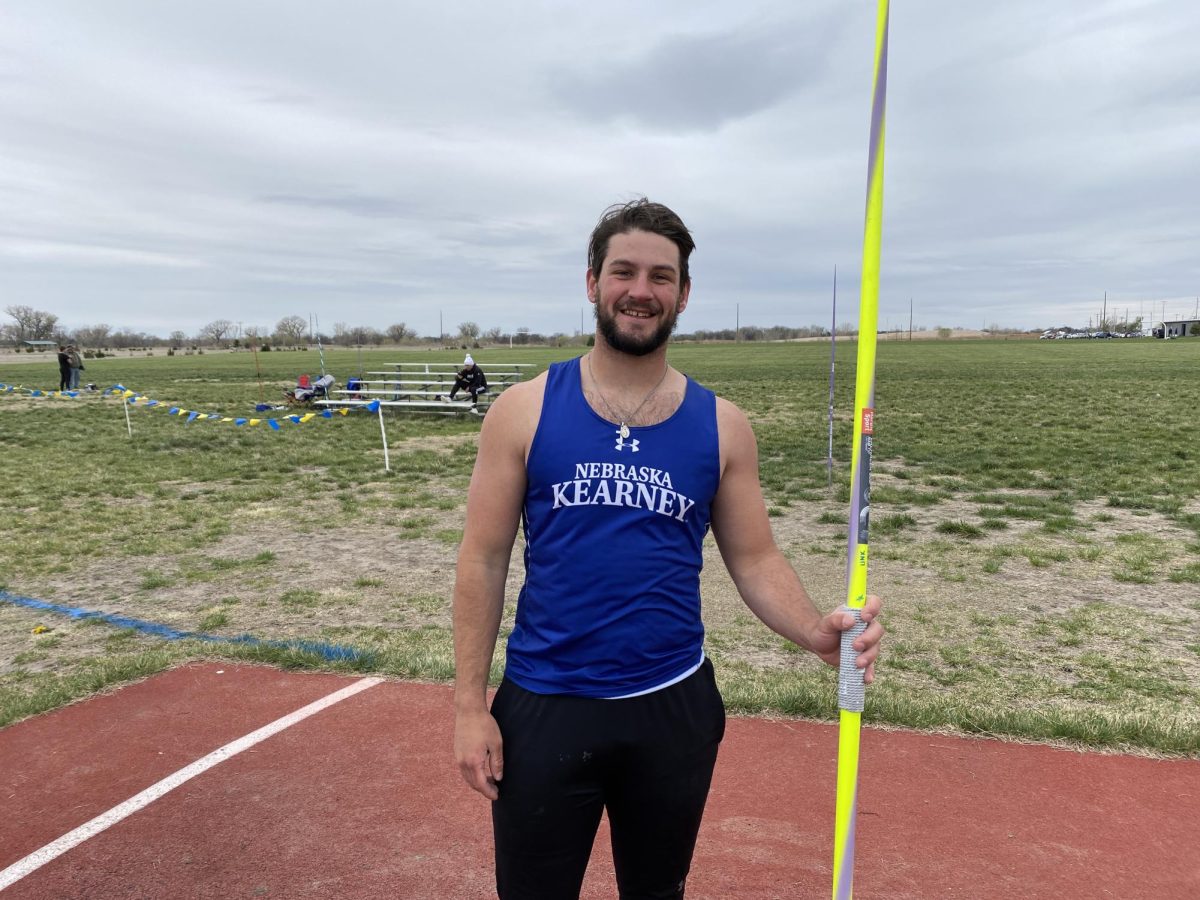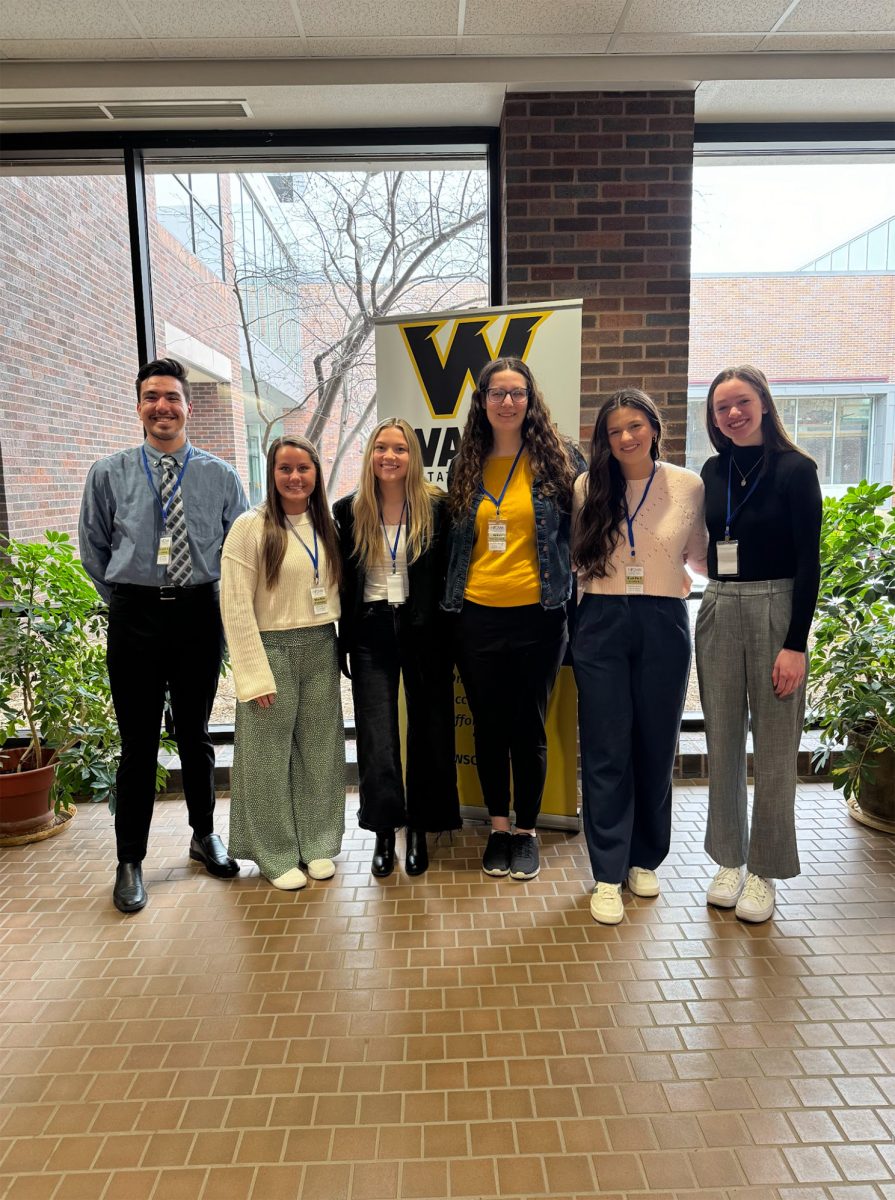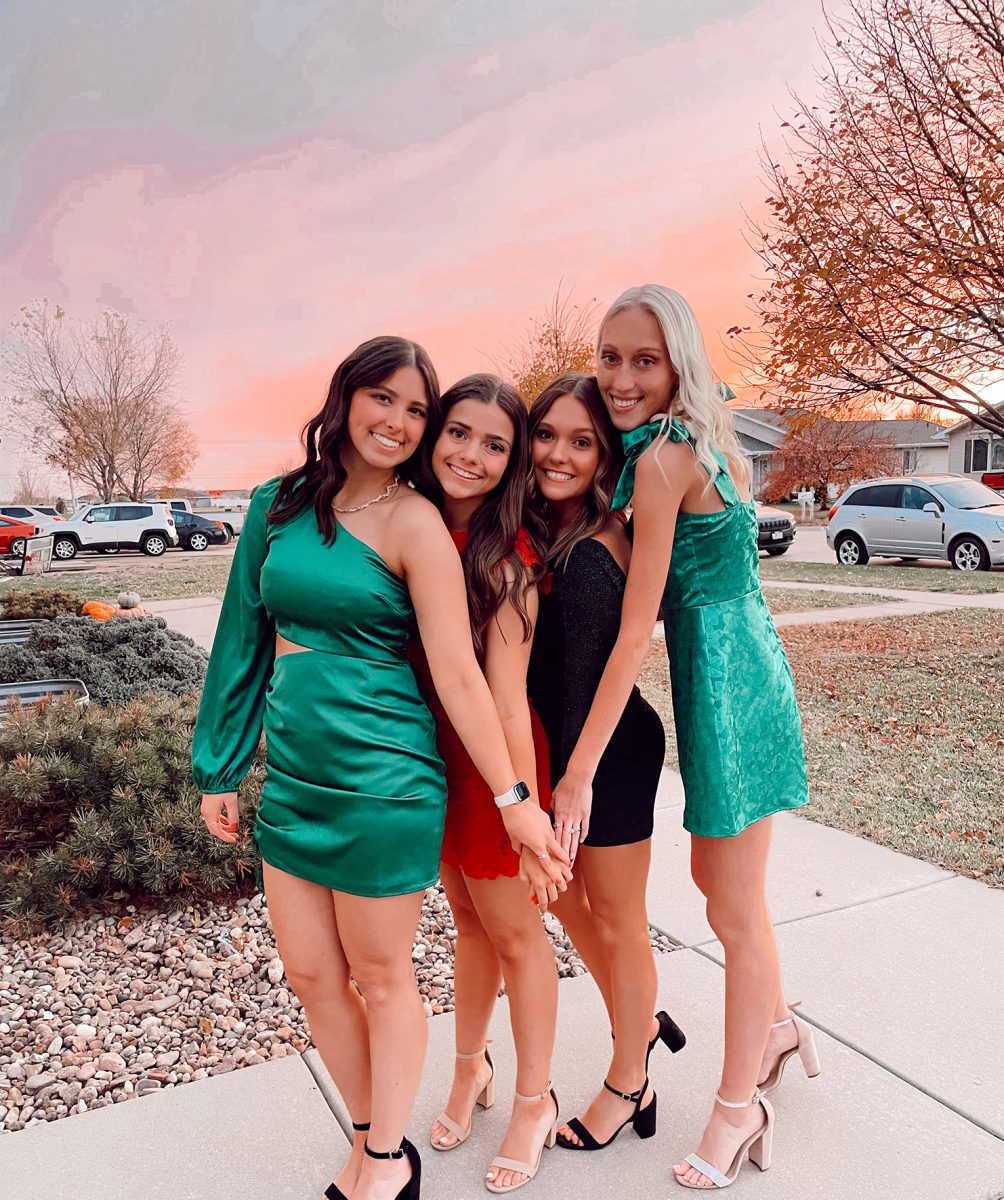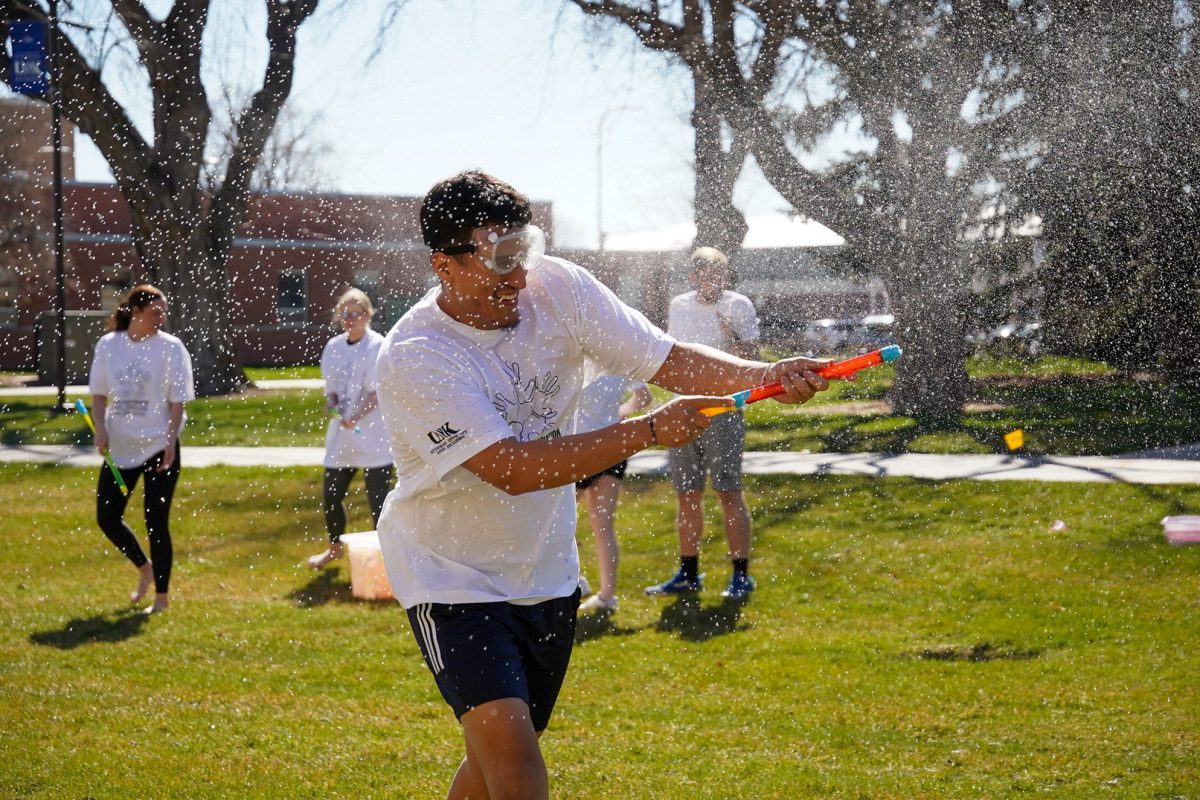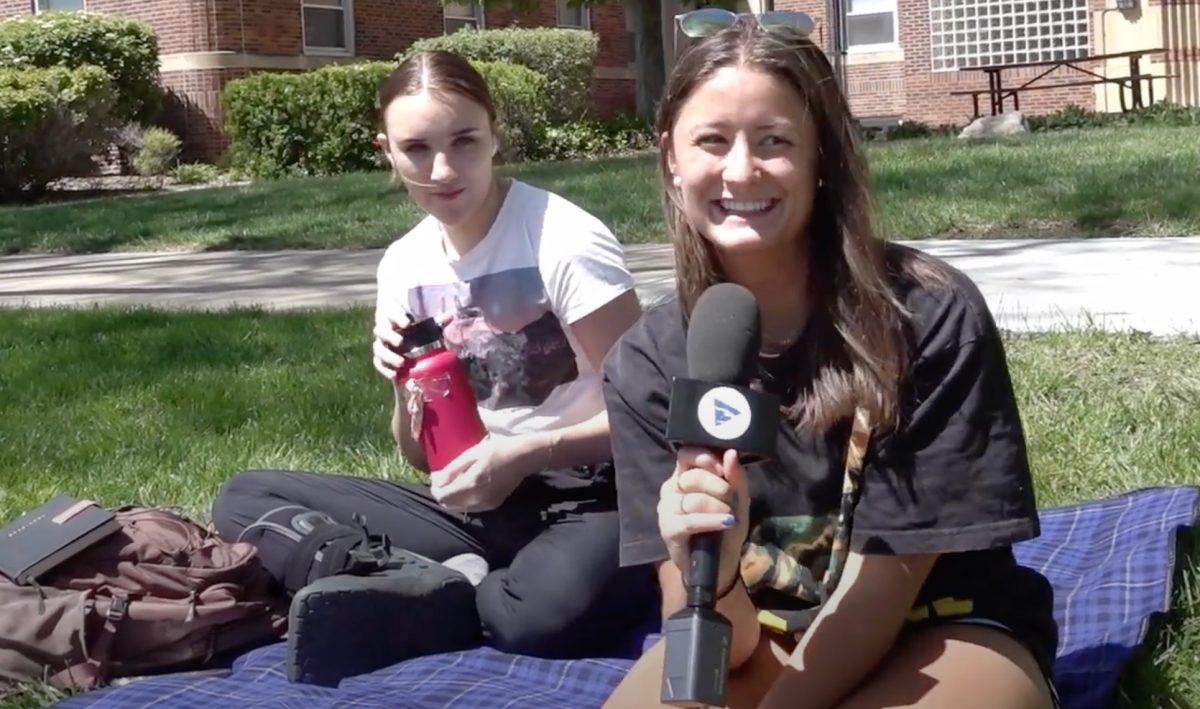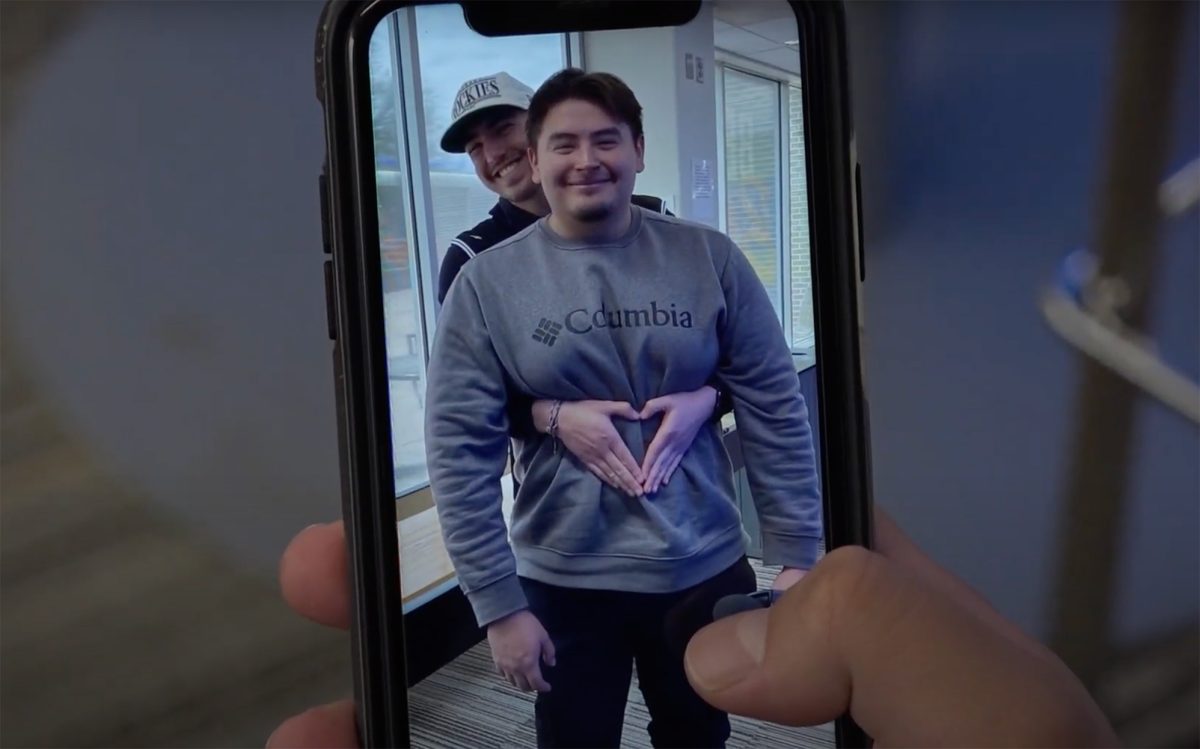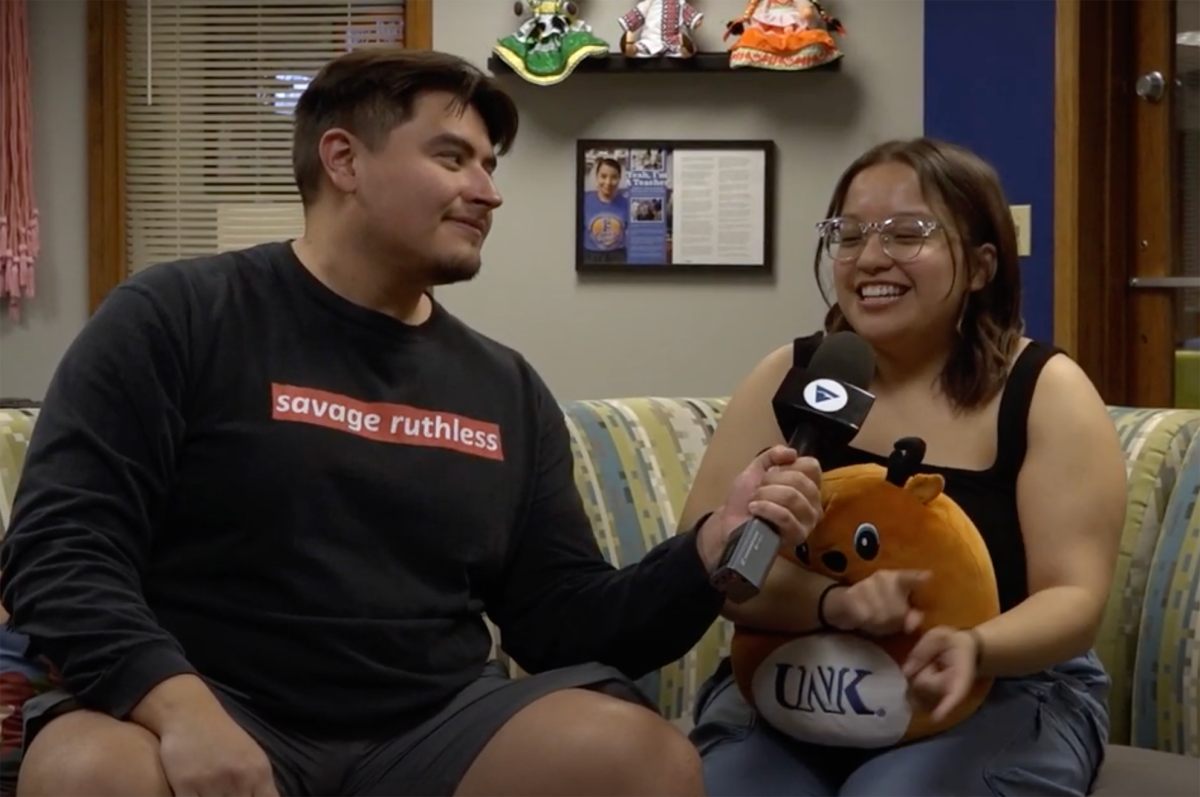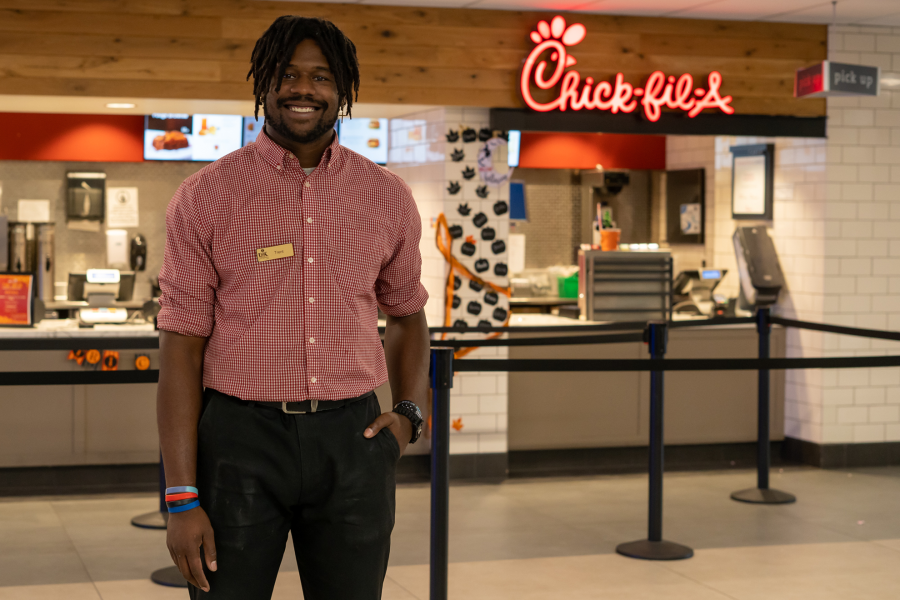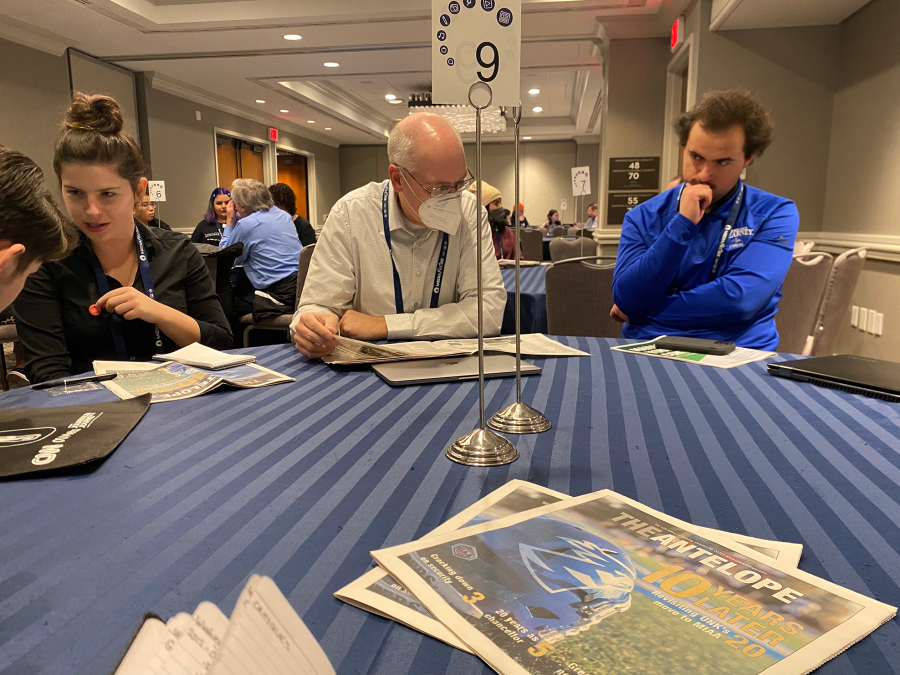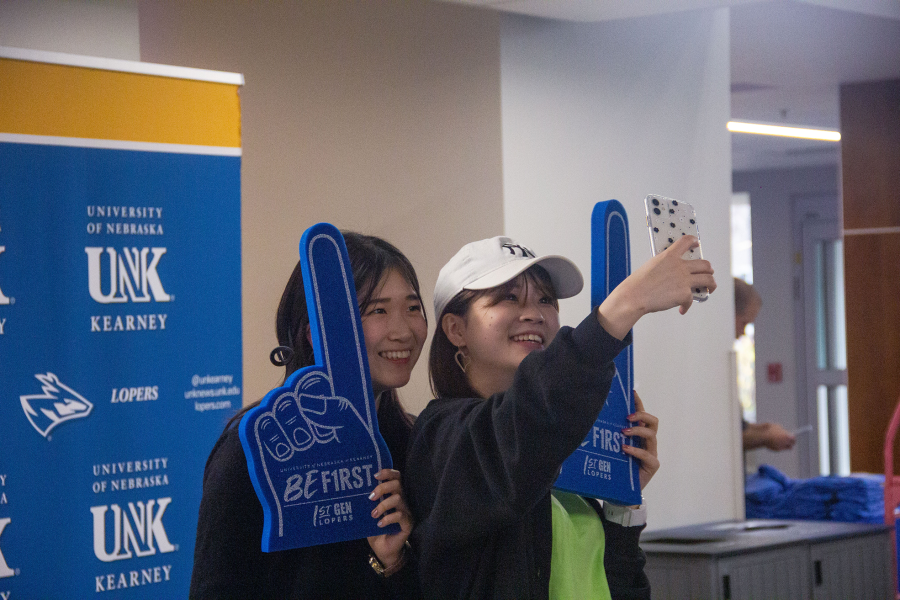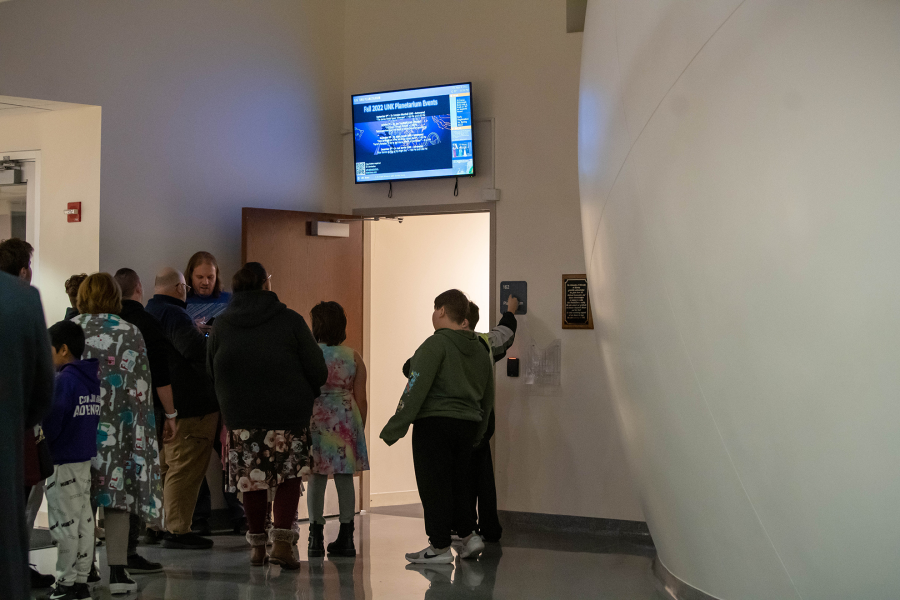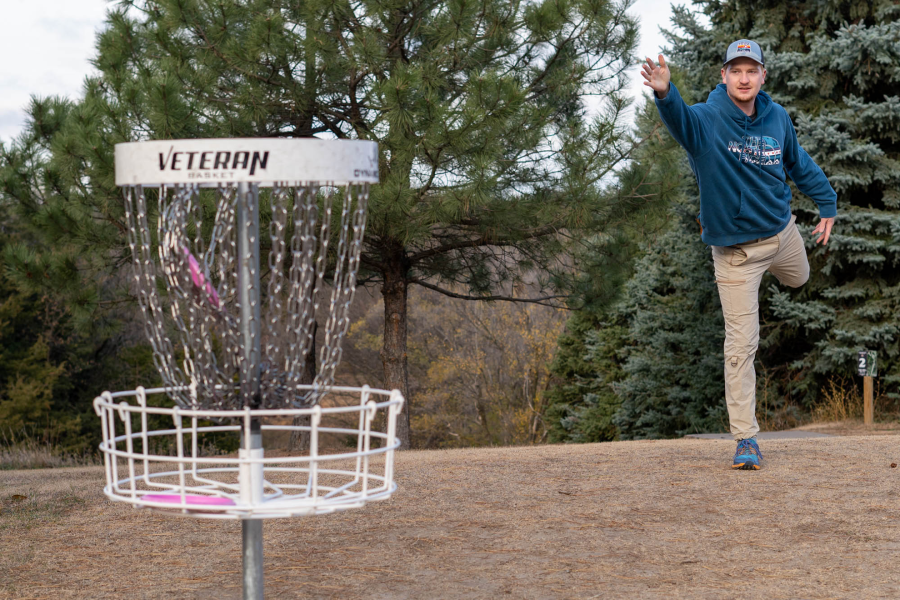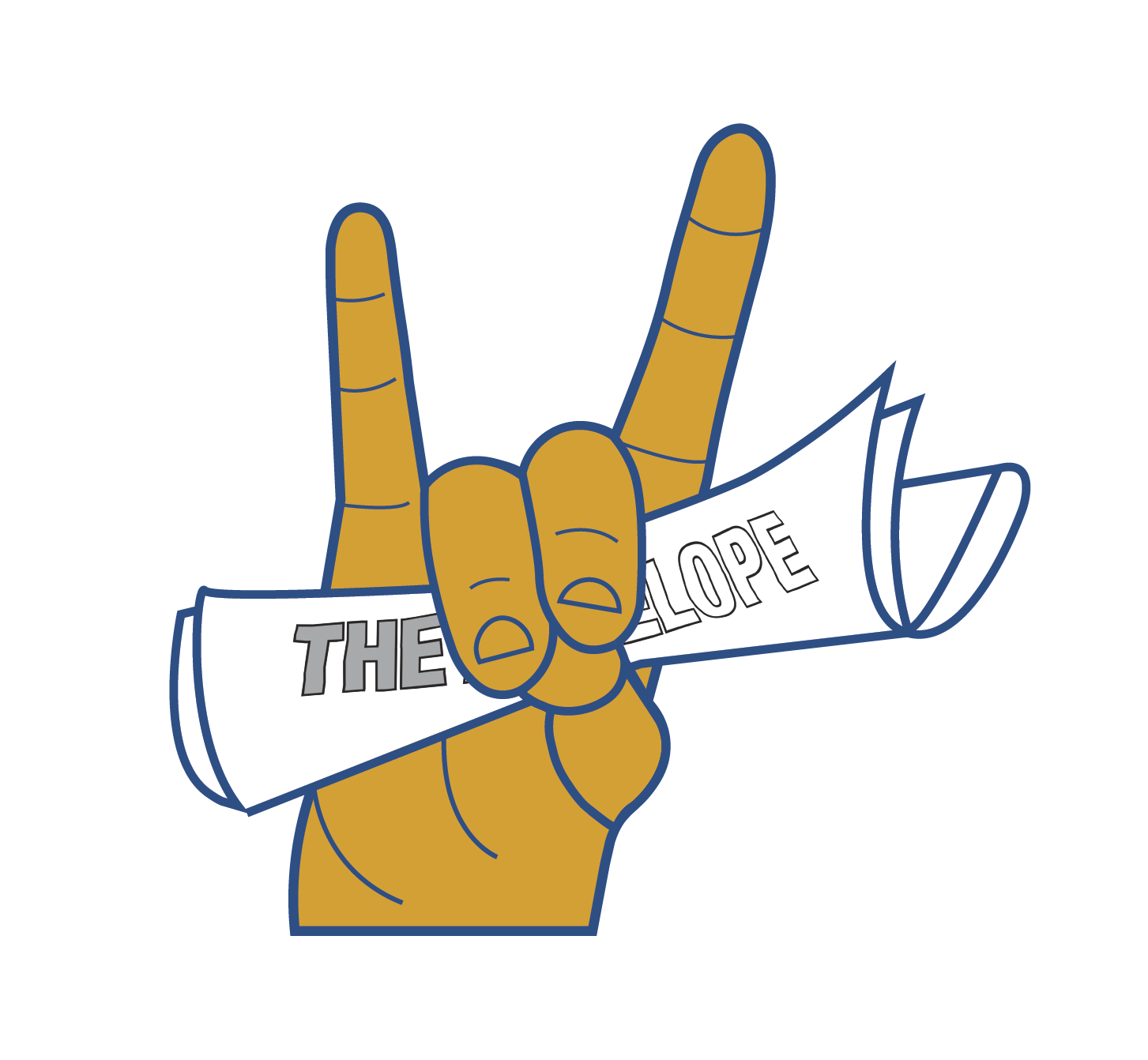Success coaches curious and empathetic about student lives, successes and struggles
Shelby Larsen
Antelope Staff
Often students view the Learning Commons as a place to get help with their writing or other homework; however, they can get help with so much more than that with Success Coaching. Students struggling for any reason can reach out for help.
“Success coaches are here to provide moral support to students. Students who are struggling with some of the core academic skills can come in to get support,” said Patrick Hargon, associate director of the Learning Commons.
Hargon said success coaches help students with goal setting, short and long-term, and help them learn and attempt academic strategies that will help them reach those goals.
When looking at potential applicants for success coaching, Hargon says he looks for students who have determination to help others and students who are capable of building trusting relationships. “I also like to find student workers who may have had to struggle somewhat to develop the skills they needed to do well academically. If they have had to consciously seek out new ways of studying and adapt their habits to incorporate those approaches, they are better able to empathize with students for whom commonplace study strategies are not working,” he said.
Many applicants come from programs at UNK such as the Thompson Scholars Community, the Honors Program and Undergraduate Research.
Catrina Gray, current assistant supervisor for success coaching, originally came to the Learning Commons for research on success coaching for her master’s in student affairs and was then granted an interview.
Gray was happy to take the position offered to her, and said she loves finding out why students are struggling and working with them to come up with their own solutions.
Other current students come in for mandatory visits. “We are trying to throw that by having people that are wanting to come in. We’re just trying to get what success coaching is about out to the students at UNK,” Gray said.
Sessions with students that are not mandatory are more successful and rewarding. “Those students are wanting to know how to change their bad habits.”
Gray is dyslexic, so she’s had to find successful ways to overcome her own struggles, making her more aware of how to help her students. “Every person’s situation is different, and you have to adapt for everyone’s individual experiences.”
Gray encourages people to look into success coaching as a job. “Your limits are pushed in ways that you wouldn’t expect, and it helps you grow.”
The goal of success coaching is to help students learn how to help themselves, so they do not have to return in the future. “We’re here to help you to be sustainable on your own.”
Carly Frazee, elementary education major from Palmyra, applied for Success Coaching because it’s essentially what she wants to do in her future. “This job has helped strengthen me in my educational support for students. It isn’t uncommon for adult learners to have the same struggles that young learners have.”
In a typical session, Frazee focuses time on asking how students are doing. She asks about classes and how they are going before asking what they want support with. After addressing what students need, whether it be something like organization or study skills, Frazee likes to connect personally, ask about their upcoming weeks or weekends. “I like to know what exciting things they are doing and what they are looking forward to in the upcoming week.”
Frazee said the coaches offer support in multiple ways working with clients. “When I get a student for the first time, I call myself the ‘cool-mom.’ We are here to offer multiple types of support and guidance. We help hold students accountable, but we also aren’t going to ground you if you don’t hold yourself accountable.”
Frazee hopes to see progression in students that return. “There is always room for growth and finding a better way to do things, and I want to help students find these ways to better their own life.”
Frazee wants all students to know that success coaches are prepared to help students with the struggles they have or to help them find the resources that can help. “Coming for help doesn’t mean you are helpless or failing; we all need support from one another and the idea that everything can be done by oneself is a fallacy.”


